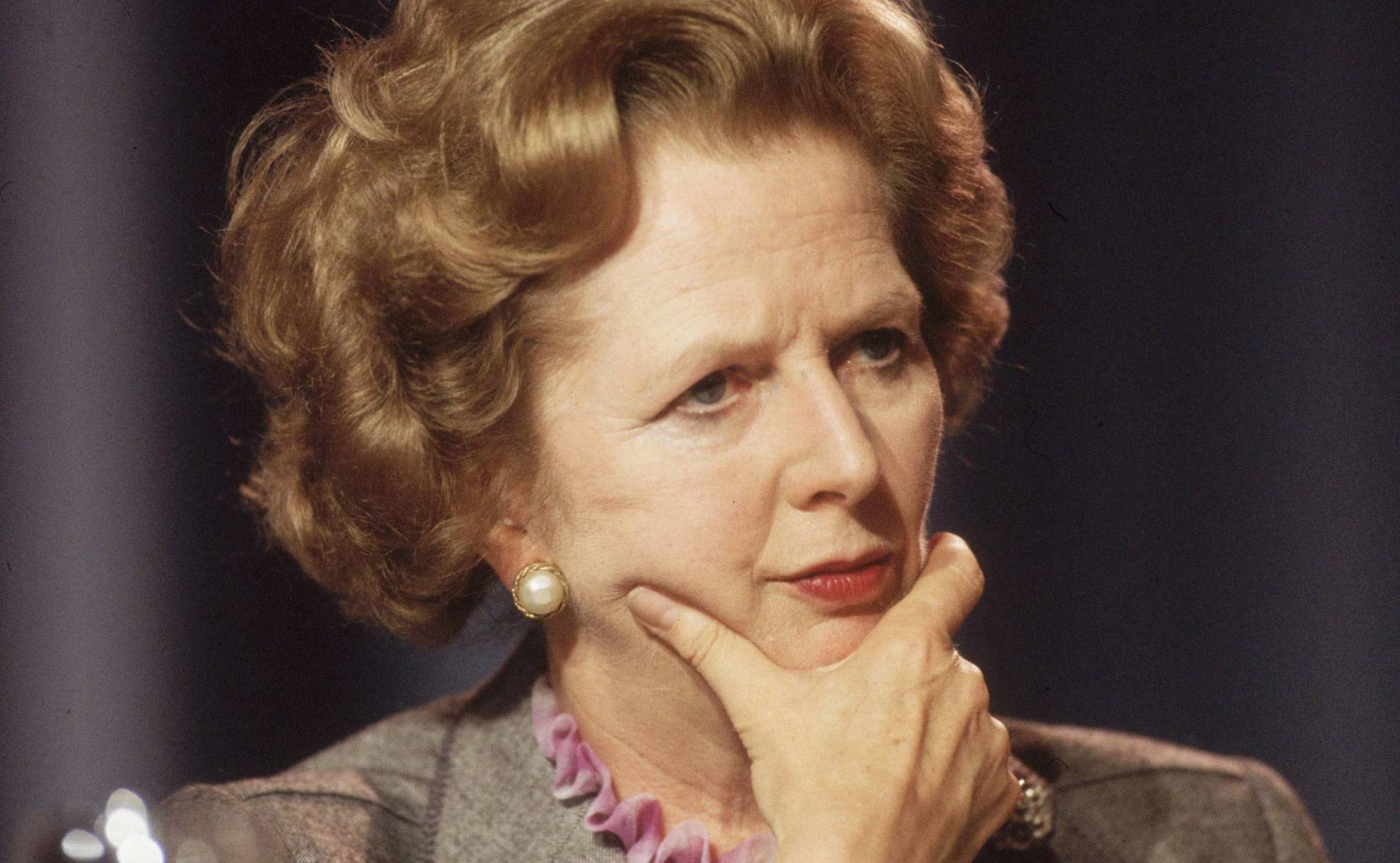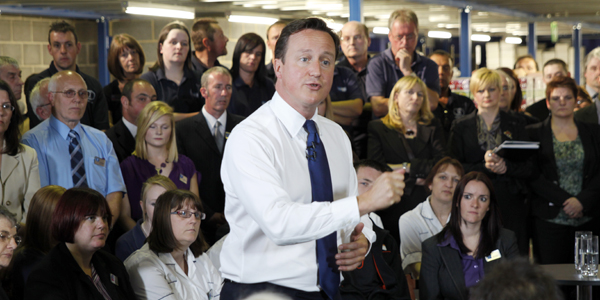There is an axiom in politics that, when managing their own party, Prime Ministers need to accommodate three groups of MPs: those who are Ministers; those who want to be Ministers; and those who have been Ministers, but are now sitting on the backbenches.
In general it has been the latter group which has tended to cause the most difficulty, while Prime Ministers have usually been able to rely on the support of the those who have been rewarded with a Ministerial position, and even more so those backbenchers who still aspire to Ministerial office.
The recent defections of Douglas Carswell and Mark Reckless, however, suggests a shift in this delicate balance. The Prime Minister is now facing disloyalty from those who in the past have traditionally been loyal. Both Carswell and Reckless are backbench Conservative MPs, and relatively recent arrivals in the House of Commons; the kind of MPs on whom the Prime Minister should be able to rely for support.
Their actions highlight a number of problems facing the Prime Minister in the run-up to next year’s general election. In the past, even for the most outspoken or disloyal of backbench MPs the options have been fairly limited, either exile on the backbenches or stepping down and seeking power elsewhere, the devolved assemblies or local government, for example.
Will there be more? Those who have been too close – or even apologists for – Carswell or Reckless are likely to be viewed as perhaps the most likely to jump ship. However, they are not the only ones. The possibility of moving from the backbenches to the front pages will almost certainly be appealing to others, particularly if they think they can hang onto their seats. There will be a number of Conservative MPs now considering whether their best chance of remaining in Parliament lies with Nigel Farage and not David Cameron.
Aside from the rise of UKIP, one of the reasons that Cameron has found it so difficult to maintain the support of some of his backbenchers is that he has less to offer than previous Prime Ministers. In the past, a combination of threats and rewards have usually been enough to bring recalcitrant MPs back into line.
Telling recently elected MPs that they have no chance of Ministerial office, as Cameron apparently did to Reckless, can, however, backfire dangerously. Another problem that Cameron has faced throughout this Parliament is that sharing power with the Liberal Democrats has meant that the number of Ministerial positions available to the Prime Minister to reward loyal MPs has been more limited.
The rise of UKIP, however, has given disgruntled Conservative backbenchers with little hope of Ministerial office, an opportunity make waves and quite possibly to remain in Parliament. By switching parties, Douglas Carswell suddenly looks like a big fish in a small pond. Rather than being a relatively obscure backbencher, he is now the UKIP frontbench. For some on the Conservative benches this may now seem likely an attractive prospect.
This is not a problem which is likely to go away. If the Conservatives lose the general election and, as is widely expected, UKIP win a small number of seats, defection to Farage’s party may well continue to look like an attractive option. If the Conservatives only win enough seats to form another coalition government, with anyone but UKIP, Cameron (or his successor) will be forced to share the spoils of victory again, with the risk of an ever-growing number of frustrated Conservative backbenchers left thinking they have been passed over for Ministerial office.
A further danger for the Prime Minister lies in shifting his party further to the right in order to militate the threat from UKIP. While such a move may prevent further defections, it is likely to alienate others within his party who are already concerned about the direction of policy. This group is largely comprised of MPs, such as Dominic Grieve and Ken Clarke, who have held Ministerial office under Cameron but are now sitting on the backbenches.
While they are unlikely to defect, as noted above, disgruntled ex-Ministers are often responsible for the most savage and wounding attacks. Moreover, the possibility of the Liberal Democrats walking out of the coalition and seeking to salvage something from what will almost certainly be a disastrous general election for them, also increases the nearer we get to next May.
In seeking to prevent further damaging defections in the run up to next year’s general election the Prime Minister must walk a fine line if the Conservative Party or the coalition is not to implode.
Dr Andrew Defty is a leading political commentator with expertise in parliament, welfare and security policy. Andrew is a Senior Lecturer at the University of Lincoln’s School of Social and Political Sciences and the programme leader for BA (Hons) Politics. He can regularly be seen making contributions to national and local media on pressing political issues, ranging from voting in the Eurovision song contest to House of Lords reform.







